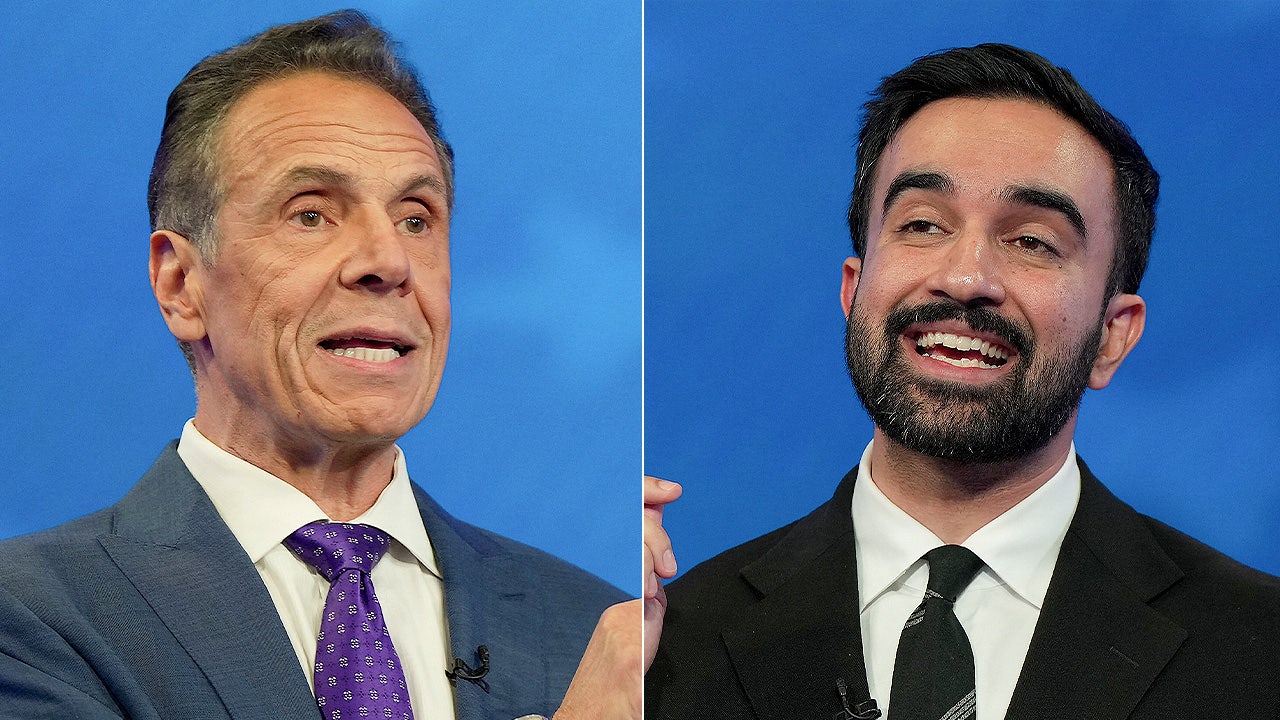Sens. Dick Durbin (D-Ill.) and Roger Marshall (R-Kan.) just failed — again — in their bid to ram through the Credit Card Competition Act, a sweeping regulatory proposal that would overhaul the U.S. credit card system to resemble Europe’s heavy-handed financial regime. Their latest attempt to sneak the measure into a stablecoin bill collapsed under scrutiny, marking yet another setback for legislation that critics say would harm consumers, weaken data security, and empower retail giants.
This outcome is welcome but unsurprising. The bill is wildly unpopular with consumers — for good reason. As written, it’s a thinly veiled giveaway to big-box retailers at the expense of virtually everyone else. Its sponsors claim it would inject competition into a noncompetitive market.
Senate leadership clearly got the message. Americans don’t want to fix something that isn’t broken.
In reality, the CCCA would allow retailers to continue accepting name-brand credit cards while processing payments through lesser-known networks — all without consumer knowledge or consent. Lawmakers should stand firm against any future efforts to resurrect this awful proposal.
The central premise of the bill — that the credit card market lacks competition — is unfounded. As of 2025, 152 companies in the United States issue credit cards. Between 2020 and 2025, market entry has grown at an average annual rate of 8.1%. This kind of steady growth does not indicate a broken market, but rather a dynamic and competitive system that continues to serve consumers well.
Kiss rewards goodbye
If passed, the CCCA would jeopardize that progress. Fraud rates, already on the rise, would skyrocket. Unvetted payment processors would be handed vast troves of sensitive consumer data. The only beneficiaries of using these cheaper alternatives are the retailers, who lack a vested interest in cardholder safety. Meanwhile, smaller institutions — including community banks and credit unions — would see revenue streams dry up.
RELATED: SCARY: President of European Central Bank admits ‘digital Euro’ is ready for launch
dem10 via iStock/Getty Images
Retailers insist these alleged “cost savings” would trickle down to their customers. That’s about as likely as the claim that businesses absorb tariffs or taxes without raising prices. History suggests otherwise.
Worse still, the bill would also end the ability of banks and credit unions to operate popular credit card rewards programs. These programs are funded largely by the interchange fees charged by payment processors. When Durbin succeeded in passing his debit card price controls, consumers lost card benefits and experienced no savings. A Wall Street Journal article highlighted this history:
Debit-card rewards programs have nearly disappeared since the Durbin amendment, part of the 2010 Dodd-Frank law that cut retailers’ fees nearly in half. Stores didn’t pass the savings to customers, while the banks that issue the cards found other ways to recoup revenue.
A failed Trojan horse
Like a one-trick pony, Durbin and Marshall have not given up — despite the bill neither gaining traction nor receiving a committee markup. As they have done previously, the senators once again tried to tuck their proposal into a “must-pass” bill. Their first target in the 119th Congress was the GENIUS Act, a bipartisan bill focused on stablecoin regulations. Thankfully, Senate leadership saw right through this ploy.
Polling confirms that Americans are largely content with the current credit card marketplace. In fact, 77% of respondents trust credit card companies to handle key responsibilities, such as fraud prevention. Three-quarters of respondents trust that their private payment networks will handle the protection of personal data. The poll also showed that 79% of cardholders use rewards cards, and more than half (58%) use those rewards regularly. Rewards are a tool many families and businesses rely on to make purchases while also earning cash back.
Senate leadership clearly got the message. Americans don’t want to fix something that isn’t broken — which is why they rightly rejected the addition of Durbin’s credit card mandates to the GENIUS Act.
Consumers can breathe easier
It is a relief the bill didn’t slip in as an amendment with no opportunity for debate. Any legislation with sweeping financial implications deserves full congressional scrutiny — and the voices of constituents must be heard. Still, Durbin and Marshall are reportedly eyeing the National Defense Authorization Act as their next legislative vehicle.
Taxpayers must remain vigilant to hold their representatives accountable. Policymakers must also be vigilant in defending the interests of their constituents. But for now, millions of Americans can breathe a sigh of relief.
Read the full article here









![JD Vance Denounces Israeli Annexation Vote, Reaffirms Donald Trump’s Peace Commitment [WATCH] JD Vance Denounces Israeli Annexation Vote, Reaffirms Donald Trump’s Peace Commitment [WATCH]](https://www.rvmnews.com/wp-content/uploads/2024/10/2024.10.30-03.13-rvmnews-67224d2502b94.jpg)


